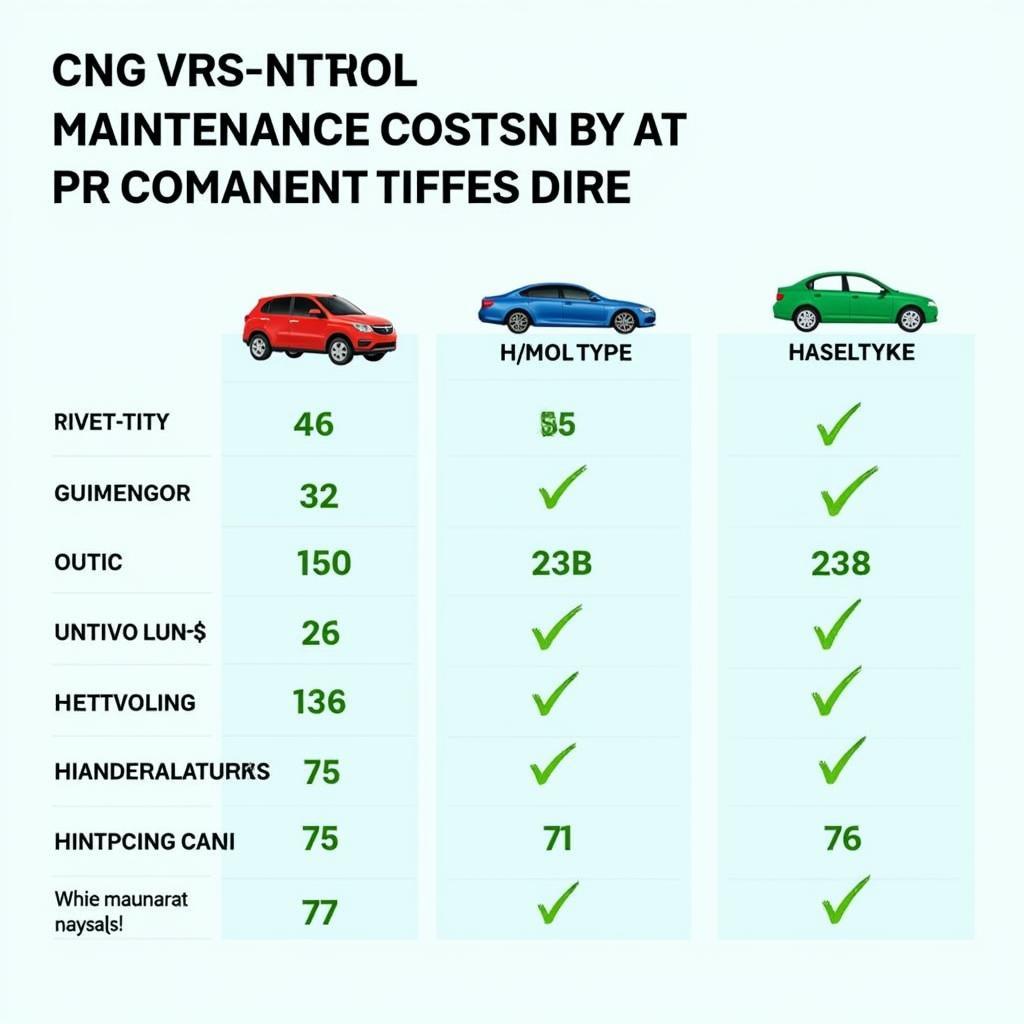A car battery that won’t charge can be a frustrating issue, leaving you stranded and wondering what went wrong. Fortunately, it’s not always a sign that your battery is dead and needs replacing. There are several factors that can prevent your battery from charging, and understanding the potential causes can help you diagnose the problem and find a solution.
Common Causes of a Car Battery Not Charging
The most common reasons why your car battery might not be charging include:
- Faulty Alternator: The alternator is responsible for generating electrical power to charge the battery and power the car’s electrical systems while the engine is running. If the alternator fails, the battery won’t be able to charge.
- Damaged Battery Cables: Corroded, loose, or broken battery cables can disrupt the flow of electricity between the battery and the charging system, preventing the battery from charging.
- Bad Battery Terminal Connections: Loose or corroded battery terminal connections can also create resistance and impede the charging process.
- Faulty Voltage Regulator: The voltage regulator controls the output voltage of the alternator. If the voltage regulator fails, it can cause the alternator to overcharge or undercharge the battery.
- Internal Battery Issues: Sometimes, the battery itself might be damaged, with internal short circuits or other issues preventing it from accepting a charge.
How to Troubleshoot a Car Battery That Won’t Charge
Diagnosing a car battery that won’t charge can be a bit tricky, but following these steps can help you narrow down the problem:
-
Check Battery Terminal Connections: Ensure the battery terminals are clean, tight, and free from corrosion. If they’re dirty or corroded, clean them using a wire brush and baking soda solution.
-
Test Battery Voltage: Use a voltmeter to check the battery voltage while the engine is off. A fully charged battery should read around 12.6 volts. If it’s significantly lower, the battery might be dead or discharged.
-
Check Battery Voltage with Engine Running: With the engine running, check the battery voltage again. It should be around 13.5-14.5 volts. If it’s significantly lower, the alternator might be faulty.
-
Test Alternator Output: You can use a multimeter to measure the alternator’s output. The alternator should be producing around 13.5-14.5 volts while the engine is running at idle. If it’s not producing enough voltage, the alternator might be faulty.
-
Inspect Battery Cables: Visually inspect the battery cables for any signs of damage, corrosion, or loose connections. Replace any damaged or corroded cables.
-
Check for Internal Battery Issues: If you suspect the battery itself might be faulty, take it to a local auto parts store or mechanic to have it tested. They can determine if the battery is still good or needs to be replaced.
“Can I Fix a Car Battery That Won’t Charge?”
“Sometimes, you can fix a car battery that won’t charge, but it depends on the root cause of the problem. If the battery terminals are corroded or the cables are damaged, you can clean or replace them. However, if the battery itself is faulty or the alternator is not working, you’ll likely need to replace the battery or alternator, respectively. If you’re not comfortable working with electrical systems or unsure about the cause of the issue, it’s best to consult a qualified mechanic.” – John Smith, Master Automotive Technician
When to Call a Mechanic
If you’re not comfortable performing these tests or have a suspicion that the alternator or battery itself might be faulty, it’s best to call a mechanic. They can diagnose the problem accurately and provide a solution.
“A car battery that won’t charge can be a serious problem. Trying to fix it yourself if you’re not experienced can be dangerous. If you’re unsure, it’s always better to consult a professional.” – Alice Jones, Certified Automotive Technician
FAQ
Q: How much does it cost to fix a car battery that won’t charge?
The cost of fixing a car battery that won’t charge depends on the root cause. If the issue is a simple loose connection or corroded terminals, you can fix it yourself for a few dollars. However, if you need to replace the battery or alternator, the cost will be significantly higher.
Q: Can I jump start a car with a bad battery?
While you can jump start a car with a bad battery, it’s not a long-term solution. If the battery is faulty, it will likely die again soon. It’s best to address the root cause of the battery problem.
Q: Will a new battery fix my car?
If the issue is a dead battery, a new battery will definitely fix your car. However, if the alternator or other charging system components are faulty, a new battery won’t solve the problem.
Q: What are the signs of a bad car battery?
The most common signs of a bad car battery include a slow engine crank, dimming headlights, and clicking noises when you try to start the car. If you’re experiencing these symptoms, it’s a good idea to have your battery checked.
Q: How do I dispose of a car battery?
Car batteries contain lead and other hazardous materials, so it’s important to dispose of them properly. Check with your local waste management company for instructions on how to dispose of your old battery.
Don’t hesitate to contact us at +1 (641) 206-8880 or visit us at 500 N St Mary’s St, San Antonio, TX 78205, United States if you’re experiencing issues with your car battery. Our expert technicians are here to help you get back on the road!





Leave a Reply